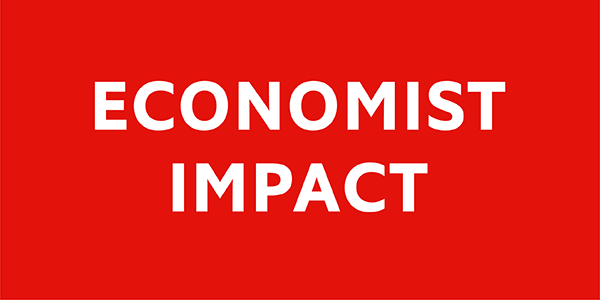Whitepaper | Open access: the future of data portability
The importance of data portability for consumers, businesses and societies is growing globally. This report explores the legislative landscape for data portability at present, and examines consumer perceptions regarding data portability and potential data portability models.
As technology evolves from a platform-based approach to distributed technology architecture, data portability is becoming a vital capability. It will provide consumers with greater choice and remove some of the friction that comes with traditional platform-based systems. However, while the concept is simple, there are many challenges to achieving user-friendly data portability.
Aside from technological hurdles, which are likely to be overcome as digitalisation progresses, a significant challenge is the lack of awareness of data portability among consumers. Many users have needed to transfer their data from one provider to another (most often between different mobile phone companies) but most have an almost apathetic approach to data security, which is a critical component of effective data portability.


Large parts of the world also lack effective data legislation. Where effective data legislation is in place, many regulators have taken a relaxed approach to enforcing data portability rights or used it as an antitrust tool rather than a consumer-focused right. As a result, most businesses lack the impetus they need to facilitate data portability and have not taken appropriate steps to adapt.
Meanwhile, consumers, regulators and businesses all face a fast-changing landscape. As new distributed-ledger technologies like blockchain gain momentum, Web3—a new generation of decentralised internet—is emerging, and digital assets are poised to enter the mainstream. This will require legislative flexibility and new, more intuitive data portability tools, which can help consumers, and the businesses that serve them, adapt to a new digital reality.

- Michael Sena, co-founder and CEO, 3Box
- Ross Buckley, Scientia professor, School of Private & Commercial Law, the University of New South Wales
- Wayne Chang, co-founder and CEO, Spruce Systems
- Alexander Cardona, co-founder and COO, Codat
- Ryan Budish, CEO, data portability specialist, Meta
- Ali Lange, privacy manager, Google
- Gail Hodges, executive director, Open ID Foundation
- Peter Swire, professor of law and ethics, Georgia Tech Scheller College of Business
- Inge Graef, associate professor of competition law, Tilburg University
Over two-thirds (70.5%) of global consumer respondents have not read about data privacy laws in their country or state and only 10% say they have requested a transfer of their personal data from one service provider to another.

70.5%
Key findings
This report considers the growing importance of data portability for consumers, businesses and societies globally, explores the legislative landscape for data portability at present, and examines consumer perceptions regarding data portability and potential data portability models. The key findings are:


Data portability will soon become a necessity.
Web3 technologies and the growth in distributed technology systems like cloud computing have the potential to radically change the demand for data portability. Regulations will need to become more flexible while data portability tools need to become more user-friendly and sophisticated.

Achieving data portability is complex.
When implemented in a considered, measured manner, data portability can bring a wealth of benefits to businesses and consumers. These include a wider choice of suppliers and service providers and more control over the way their data are used. But there are many significant technological barriers to overcome before achieving this.

Consumer attitudes towards trust do not always lead to action.
There is no correlation between the trust (or lack thereof) that consumers have in how their data are handled by institutions and the actions they take to mitigate their personal data security risk. People may be mistrustful of how internet platforms use their personal data, but they often do very little to address this.

Consumer awareness of the need for data portability is low.
Over two-thirds (70.5%) of global consumer respondents have not read about data privacy laws in their country or state and only 10% say they have requested a transfer of their personal data from one service provider to another.

Data-portability cannot be achieved by regulation alone.
Although a simple concept, the technical realities of data portability— including transparency, conformity and security concerns around data that have been transferred—mean that new ways of enabling data portability need to be explored. At present, the technology isn’t sufficiently developed to bring consumers to the tipping point of adoption.

 1
1
 2
2
 3
3
 4
4
 5
5
 6
6
 7
7
 8
8
 9
9
 10
10
 11
11
 12
12
 13
13
 14
14
 15
15
 16
16
 17
17
 18
18
 19
19
 20
20
 21
21

Back to top











